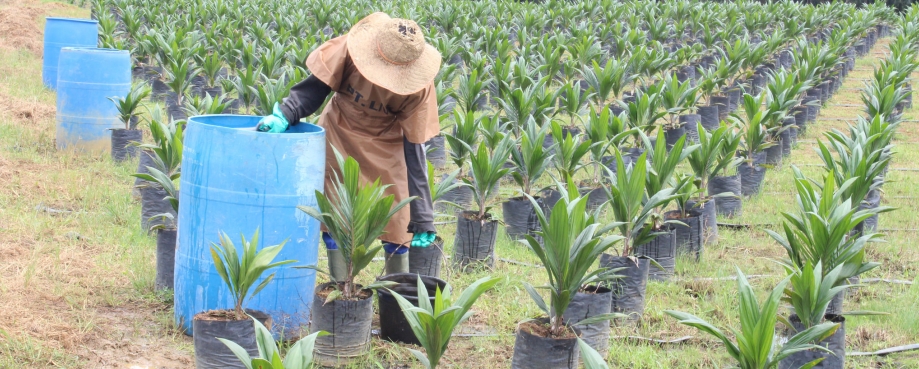
Ben Rutledge blogs that human rights due diligence is "critical to determining responsibility and accountability amongst states and businesses" in his analysis of new UN recommendations to companies, governments and investors.
A new report on human rights due diligence has just been presented at the UN General Assembly in New York.
Prepared by the UN Working Group on Business and Human Rights, it provides reflections on the global landscape, and recommendations to businesses, governments and investors on what they could and should be doing.
The full report is here (although it’s pretty lengthy), but the Executive Summary provides a good overview.
Watershed moment
The endorsement of the Guiding Principles on Business and Human Rights (UNGPs) by the United Nations Human Rights Council in 2011 represented a watershed moment in efforts to tackle adverse impacts on people resulting from globalization and business activity in all sectors.
The UNGPs set out that all businesses have an independent responsibility to respect human rights, and that they should exercise human rights due diligence to meet this responsibility.
This report recognises that corporate human rights due diligence has become a norm of expected business conduct. Yet they say that the majority of companies do not demonstrate practices that meet the requirements set by the Guiding Principles.
A lack of government leadership in addressing governance gaps remains the biggest challenge: while some home governments have introduced due diligence or disclosure legislation, such efforts remain patchy or uncoordinated.
However, the Working Group says that, in spite of slow progress overall, the good news is that effective due diligence can be done. And good practice examples are building up, which can provide a starting point for a wider group of companies.
ETI's framework
In the ‘Companion Paper’ on Corporate human rights due diligence – Getting started, emerging practices, tools and resources, ETI receives quite a few references.
Our Human Rights Due Diligence Framework and Purchasing Practices Guidance are featured. And the work being done by small and medium sized ETI members and our Innovation Fund Partners are also referenced.
The Working Group’s analysis and recommendations provide a good degree of affirmation in terms of ETI’s approach to due diligence. They also talk a lot about the importance of collaboration, multi-stakeholder dialogue and collective leverage stating:
“All enterprises should consider collective leverage approaches, especially when faced with systemic human rights issues."
And:
“Recommendation to Government: Facilitate multi-stakeholder platforms to promote dialogue on business-related risks to human rights, ways to address them and to strengthen monitoring and accountability”.
Just get started
The Working Group's key message to business enterprises is: just get started. And it cites examples of lessons from “early adopters” on how to get started, the journey of moving from policy to practice, and key milestones. It’s great to see some ETI members getting credit for being leaders in this space.
For ETI members already on this journey, they suggest continuously enhancing approaches by engaging with affected stakeholders, civil society organizations, human rights defenders and unions, and by being transparent about the management of potential and actual impacts.
The overall picture they paint is not rosy though. The majority of business enterprises around the world remain unaware, unable or unwilling to implement human rights due diligence practices to mitigate potential negative impacts.
Making globalization work for all
As John Ruggie has said, whilst the endorsement of the UNGPs by the global community does not mark the end of business and human rights challenges - it does not even mark the beginning of the end; it does mark the end of the beginning, because at last an authoritative foundation exists for determining responsibility and accountability amongst states and businesses.
A human rights due diligence approach is a critical part of this.
John Ruggie also quotes Kofi Annan, who back in the year 2000 said that if we cannot make globalization work for all, in the end it will work for none.
The Working Group argue that the most significant contribution most business enterprises can make towards sustainable development, (and making globalisation work for all as Annan put it), is to prevent and address adverse impacts through effective human rights due diligence.
As part of ETI’s 20th anniversary conference on responsible supply chains, being run on 31 October and 1 November in conjunction with business risks solution provider Elevate, there will be a session on human rights due diligence. Amongst others, delegates will hear from Frederique Desroches of Danone, Yann Wyss of Nestlé and David Pettet of Reckitt Benckiser who will explore insights on the reality of applying theoretical frameworks to different contexts, how risk assessments work in practice and what effective stakeholder engagement looks like in reality.
